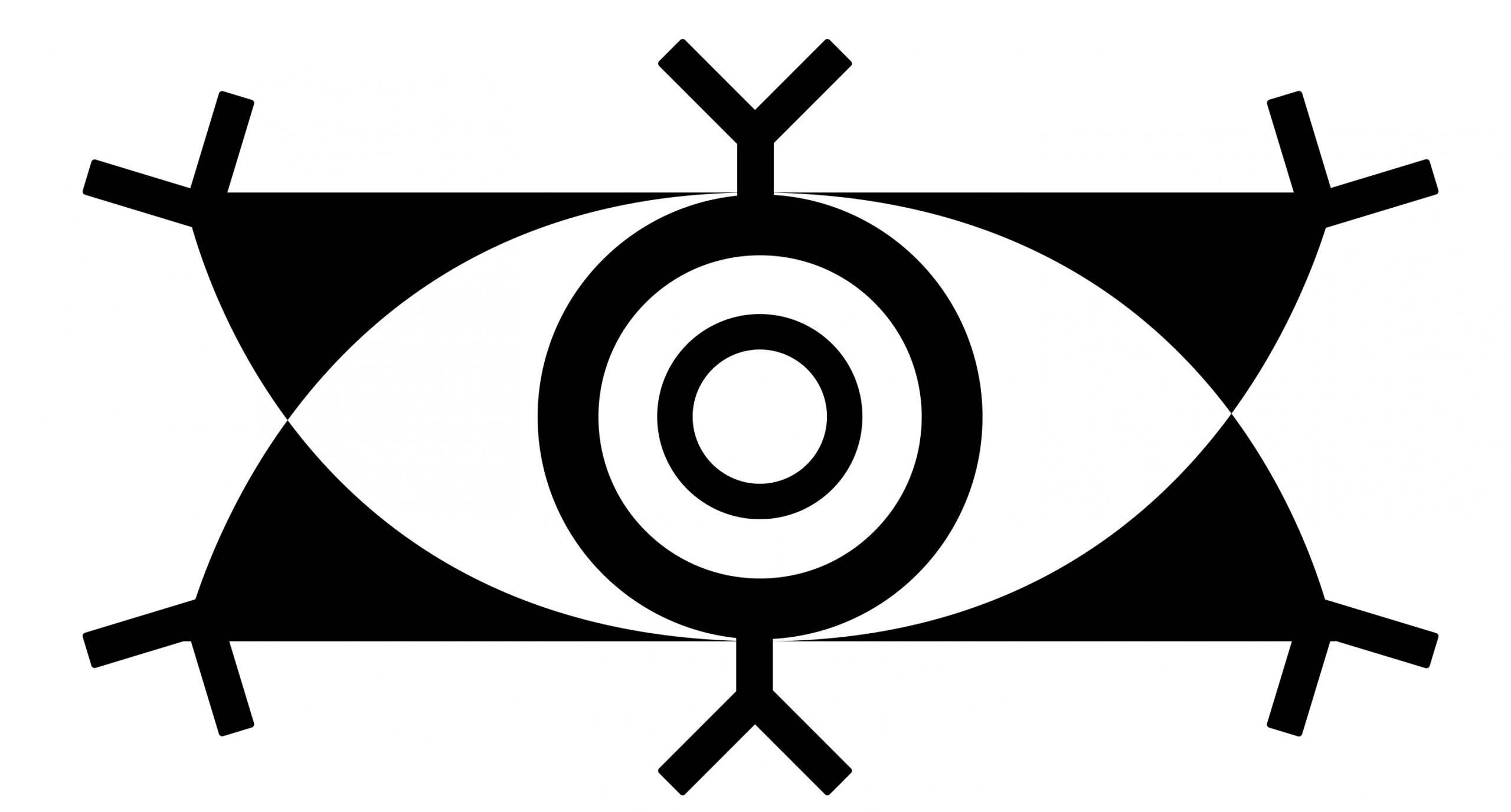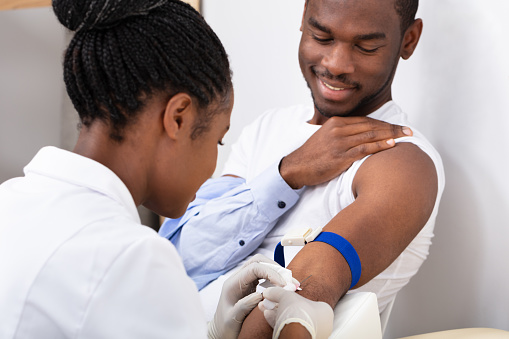For decades, scientists had been striving on methods to screen for cancers through the use of an easy blood draw instead of a painful biopsy or invasive test. These so-called “blood biopsy” exams are approaching the field use stage and will more than ever, dramatically enhance the manner doctors screen for cancers. They will enable early cancer detection and increase the chances of successful treatment.
Every year, lots of people go through routine screening to catch cancers in their early stages, while it’s still treatable. But these routine exams may be painful and invasive, and doctors best often screen for a few numbers of the most common types of cancer.
GRAIL, a health care company, has a new blood test called Galleri, which is one of the most advanced blood biopsy tests. It works by detecting fragments of DNA in a person’s blood that are indicative of the presence of more than 50 kinds of cancers. This makes early detection of cancer possible.
Dr Pashtoon Kasi, director of colon cancer research and precision medicine at Weill Cornell Medicine said, the same technology has been around for more than 20 years and started with prenatal diagnostics. He also stated that the underlying technology was actually first used to serve a different purpose. Similar technology has been harnessed to detect initial indications of cancer.
The former president of the US Oncology Network, Dr Michael Seiden, sees blood biopsy tests as part of the future wave of so-called “precision medicine” — the concept that every person’s medical care may be tailored to match their precise genetics, medical needs and distinct characteristics.
Notwithstanding new progress made, many doctors say there’s a long way to go, and some say there are reasons to wait for more studies to be done. It still needs to go through more research and testing to show it can give guaranteed results every time.
The earlier cancer is found the better but, sometimes it can be difficult to tell the difference between early cancer and non-cancerous growth.
There is a hesitation in the medical community about the utility of a blood biopsy capable of detecting only a few cancer cells, as it may accidentally detect a non-cancer as cancer. However, Galleri could provide an early warning so that doctors could monitor and even treat their patients if it becomes necessary.





